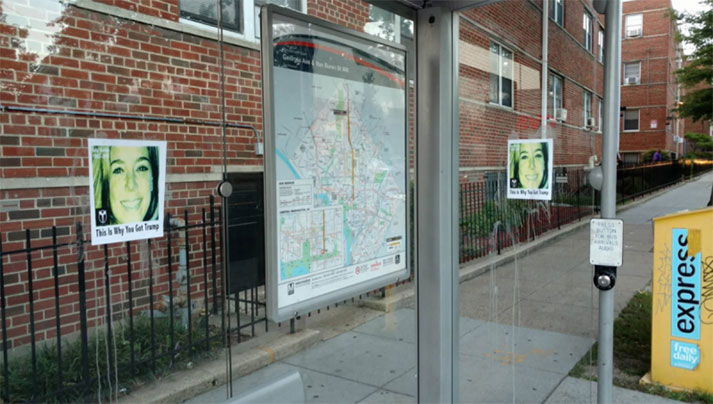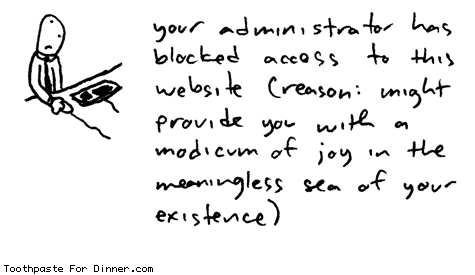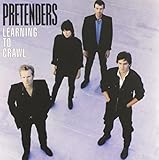Protected political speech, hidden in plain sight
Recently, local blog Greater Greater Washington reported that some residents in Washington D.C. have been exposed to flyers that promulgate a political opinion — an opinion that is likely not shared by the majority of said residents.

Some of the offending flyers.
Fortunately, people have taken it all in stride, as they’ve quietly acknowledged that the distribution of such flyers is protected political speech, a core facet of the First Amendment.
… Oh, what’s this? It seems that I’ve spoken too soon. Some are not taking it so well, and things are getting a little absurd. Councilmember Brandon Todd has even publicly called for police action (the thought police?) to curb this exercise of free speech:

Are the people who distributed the flyers behaving lawfully?
Solely for the purposes of argument, let us concede that the flyers are indeed inelegant, offensive, and even hateful. But these aspects alone do not exempt the flyers from First Amendment protection, as the US Supreme Court recently reaffirmed:
… the proudest boast of our free speech jurisprudence is that we protect the freedom to express “the thought that we hate.”
— Justice Samuel Alito
A law found to discriminate based on viewpoint is an “egregious form of content discrimination,” which is “presumptively unconstitutional.” … A law that can be directed against speech found offensive to some portion of the public can be turned against minority and dissenting views to the detriment of all.
— Justice Anthony Kennedy
Now, back to the flyers
The flyers didn’t encourage violence, they simply voiced a political opinion – one that is shared by tens of millions of Americans. Is advocating for a legal, non-violent political opinion not allowed in the District? Is it [Greater Greater Washington’s] position that flyers advocating for a legal, non-violent political opinion should be prohibited?
To wit, the message of the flyers boils down to advocating for the enforcement of existing federal laws. While reasonable people can disagree about the particulars of settled law, in a general sense, advocating for the enforcement of a law is an entirely normal, constitutionally-protected action.
The people who distributed the flyers — if they are guilty of anything — might have violated DC law regarding the placement of signs/placards in public rights-of-way. This is a minor violation akin to littering.
Is DC leadership behaving lawfully?
Let’s take it back all the way to Article 1, Section 8 of the Constitution, which outlines powers of congress over the federal district (that is, Washington, D.C.):
To exercise exclusive Legislation in all Cases whatsoever, over such District (not exceeding ten Miles square) as may, by Cession of particular States, and the Acceptance of Congress, become the Seat of the Government of the United States …
Additionally, congress has granted the federal government the power to prosecute immigration crimes by way of U.S. Immigration and Customs Enforcement (ICE).
Federal law makes it clear that immigration offenses are criminal acts, not merely civil infractions:
- 18 U.S. Code § 1425 – Procurement of citizenship or naturalization unlawfully
- 18 U.S. Code § 1546 – Fraud and misuse of visas, permits, and other documents
- 8 U.S. Code § 1325 – Improper entry by alien
Washington D.C., by declaring itself a “sanctuary city” for illegal aliens, does not magically nullify federal criminal law. To the contrary, DC and other such sanctuary jurisdictions are operating in direct conflict with Title 8, section 1324 of U.S. Code:
8 U.S. Code § 1324 – Bringing in and harboring certain aliens, subparagraph (A)(iii):
Any person who— … knowing or in reckless disregard of the fact that an alien has come to, entered, or remains in the United States in violation of law, conceals, harbors, or shields from detection, or attempts to conceal, harbor, or shield from detection, such alien in any place, including any building or any means of transportation;
The wording of 8 U.S. Code § 1324 is clear: A person who violates subparagraph (A) shall, for each alien in respect to whom such a violation occurs— … in the case of a violation of subparagraph (A)(ii), (iii), (iv), or (v)(II), be fined under title 18, imprisoned not more than 5 years, or both …
In other words, those who harbor illegal aliens can potentially receive up to five years in prison for each alien.
So, no. With respect to this issue, DC leadership is not behaving lawfully in two main ways:
- Failing to prosecute illegal aliens or those who harbor illegal aliens
- Openly encouraging residents and businesses to flout federal immigration law

 The ingredients list of
The ingredients list of 
 Put an end to senior citizen discounts. You read that correctly. No more 1/2 off breakfast platters at Denny’s and IHOP. No more $3 off movie tickets. No more discounted hotel rooms or plane rides.
Put an end to senior citizen discounts. You read that correctly. No more 1/2 off breakfast platters at Denny’s and IHOP. No more $3 off movie tickets. No more discounted hotel rooms or plane rides. What really gets my blood boiling these days is the “Communist chic”, especially on clothing and apparel. Why has the wearing of the Soviet
What really gets my blood boiling these days is the “Communist chic”, especially on clothing and apparel. Why has the wearing of the Soviet 







